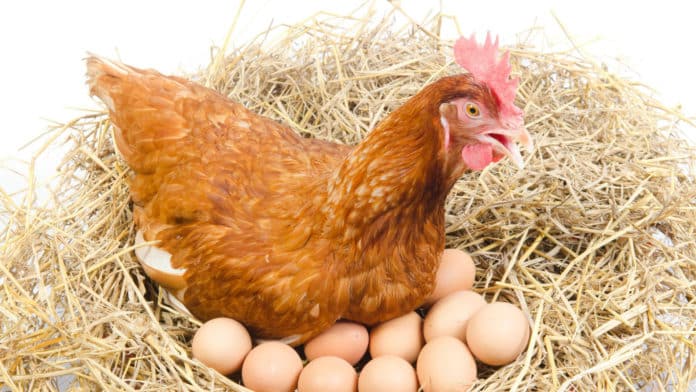Effective interventions for SARS-CoV-2 are urgently required to mitigate its effect. However, this likely requires multiple strategies.
Scientists from the University of California, Davis, have produced antibodies to the SARS-CoV-2 spike protein in hen eggs. Egg-derived antibodies may be used to treat COVID-19 or as a preventative step for those exposed to the illness.
IgY, an antibody similar to IgG in humans and other mammals, is produced by birds. IgY does not have allergy symptoms or trigger immunological responses when administered to people. IgY can be found in the serum and eggs of birds. You can consume a lot of IgY because a hen produces roughly 300 eggs yearly.
Scientists immunized hens with two doses of three different vaccines based on the SARS-CoV-2 spike protein or receptor binding domain. They measured antibodies in blood samples from the hens and egg yolks three and six weeks after the last immunization.
Scientists then tested purified antibodies for their ability to block coronavirus from infecting human cells at the National Center for Biodefense and Infectious Diseases at George Mason University in Virginia.
Gallardo said, “Both eggs and sera from immunized hens contained antibodies that recognized SARS-CoV-2. Antibodies from serum were more effective in neutralizing the virus because there is more antibody in blood overall.”
Gallardo is working with colleagues Daria Mochly-Rosen at Stanford University and Michael Wallach, University of Technology, Sydney, to develop the egg-based antibody technology. The team hopes to deploy these antibodies in a preventative treatment such as a spray that could be used by people at high risk of coronavirus exposure.
Journal Reference:
- Emily J. Aston, Michael G. Wallach et al. Hyperimmunized Chickens Produce Neutralizing Antibodies against SARS-CoV-2. DOI: 10.3390/v14071510
